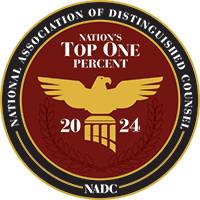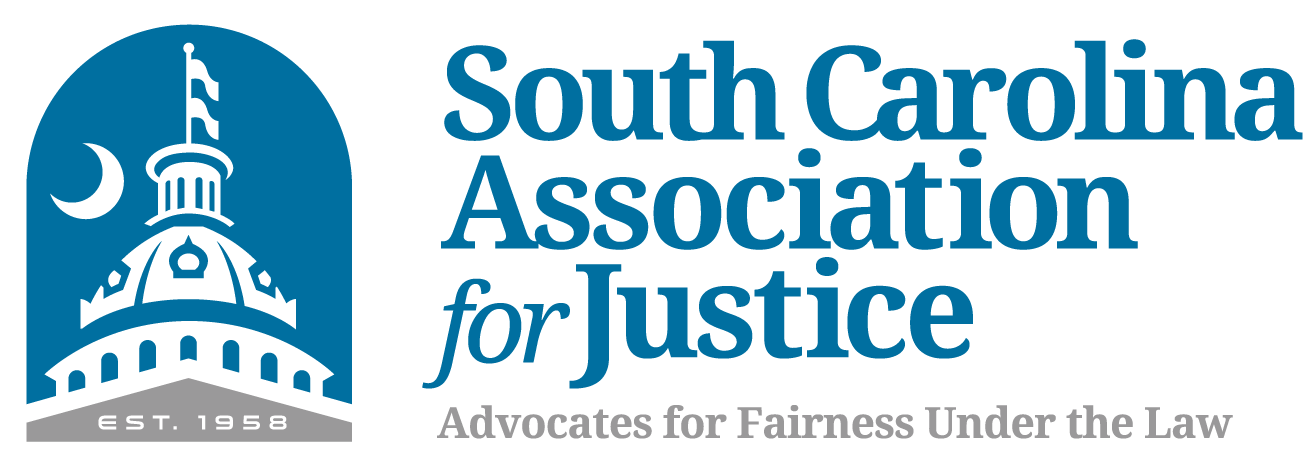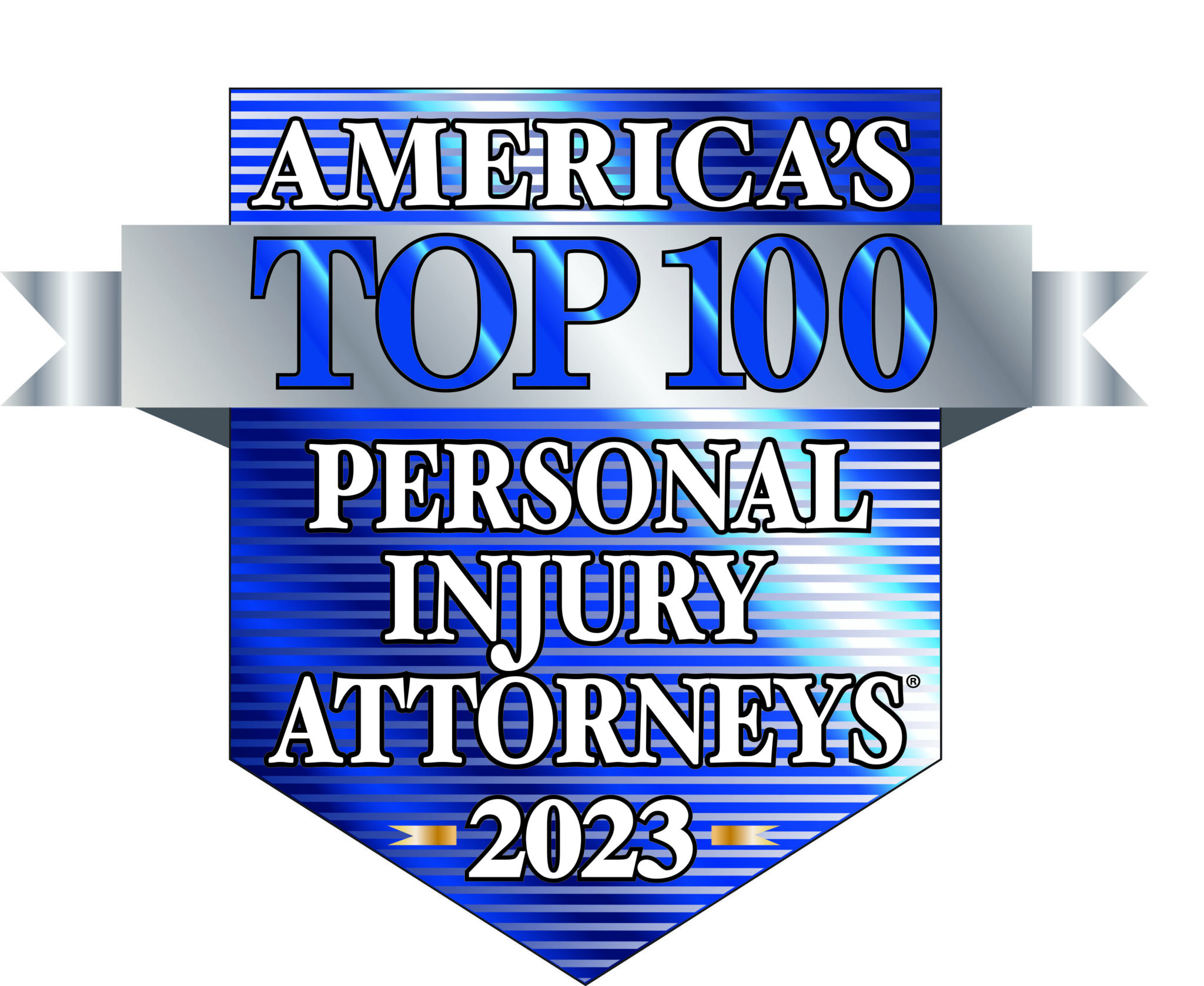Is melatonin safe for children? That depends. It can be safe when used correctly and under a doctor’s guidance. It’s crucial to understand the potential risks, like poisoning and toxicity, and to recognize the signs.
What is Melatonin?
Before we discuss its safety, let’s understand what melatonin is. Melatonin is a hormone that your body naturally produces. It helps regulate your sleep cycle, telling your body when it’s time to sleep and wake up. Sometimes, people take melatonin supplements to help with sleep issues, like having trouble falling to sleep or having trouble staying asleep for the night.
Melatonin is sold over the counter as a dietary supplement and sleep aid. You can buy it without a prescription at most stores and health food stores. Because it is considered a dietary supplement, melatonin is not regulated or approved for sleep by the Food and Drug Administration (FDA).
Melatonin Overuse
Did you know that after multivitamins, melatonin is the most popular “natural” product given to children? (AASM.org)
Research published in JAMA Pediatrics found that “Regular use of Melatonin to help kids sleep has become “exceedingly common.” 19% of adolescents are taking Melatonin. In addition, 6% of preschool children ages 1 to 4 and 18% of elementary school kids 5 to 9 are being given melatonin by their parents as a sleep aid…” (WashingtonPost.com)
How Much is Too Much?
The tricky part is that there’s no one-size-fits-all answer. The right amount can depend on age, weight, and individual health. That’s why it’s important to talk to a doctor before giving melatonin to a child.
Also, because melatonin is not regulated by the FDA, actual dosages can differ from what the packaging label says.
A study published in the Journal of the American Medical Association had researchers analyze 25 gummy products with melatonin on the label. Most contained at least 74% more melatonin than on the label. Some contained over 300% more than what was listed on the label!
Only 3 of the 25 products analyzed had a melatonin amount within 10% of what was listed on the package.
Melatonin Poisoning in Children
Melatonin poisoning is a serious issue for children. Here, poisoning means overdosing on melatonin, whether intentional or unintentional. Children’s bodies are smaller and react differently to supplements than adults. When a child takes too much melatonin, it can cause problems.
The Centers for Disease Control and Prevention (CDC) conducted a study in June of 2022 which showed that there was an increase in melatonin overdoses in kids between 2012 and 2021.
During that time period, there were, “260,000 cases of suspected overdose of melatonin reported to Poison Control across the U.S., which includes more than 4,000 hospitalizations, 300 ICU cases, five cases where kids required ventilation, and two children ages three months and one year died.” (Parents.com)
Melatonin Poisoning Signs
If a child takes too much melatonin, here are some signs you can look out for:
- Drowsiness or Sleepiness: This might seem obvious, but excessive sleepiness during the day can be a sign.
- Headaches: Some kids might experience headaches.
- Dizziness: Feeling dizzy or unsteady is another possible sign.
- Stomach Problems: This can include nausea or stomach pains.
- Mood Changes: Sometimes, too much melatonin can make a child feel moody or have emotional ups and downs.
Remember, these symptoms can vary, and not every child will experience them in the same way.
Melatonin Toxicity
The term “toxicity” can sound alarming. But in the context of melatonin, it refers to the negative effects of taking too much. Melatonin toxicity isn’t common, but it’s a risk, especially if children take supplements without proper guidance.
Preventing Melatonin Toxicity
The best way to prevent problems is to use melatonin safely:
- Consult a doctor: Always talk to a healthcare professional before starting melatonin for a child.
- Follow Instructions: If melatonin is recommended, use it exactly as instructed.
- Keep it Secure: Store melatonin in a safe place, away from children and teenagers to prevent overuse.
Dr. Karima Lelak, emergency physician at Children’s Hospital of Michigan says, “Parents may think of melatonin as the equivalent of a vitamin and leave it on a nightstand…But really it’s a medication that has the potential to cause harm, and should be put way in the medicine cabinet.”
In the CDC’s ten-year study, of the 4000 children hospitalized for melatonin overdose, most were teenagers. Some of these were believed to be suicide attempts.
NPR.org
Pediatric Sleep Tips from the Sleep Foundation
Before resorting to medicines or supplements, here are some tips the Sleep Foundation recommend to help your restless child get to sleep.
Practice proper sleep hygiene:
- Create a consistent bedtime routine.
- Set a bedtime.
- Limit use of electronics close to bedtime. “Mobile devices, TVs, and tablets emit a type of blue light that suppresses melatonin…Screen time also stimulates the brain, making it harder to wind down for sleep. Electronic devices should be kept out of the bedroom and ideally not used within one hour of bedtime.”
- Make sure your child gets exercise every day.
- No caffeine within 6 hours of bedtime.
Create the perfect sleep setup:
- Keep the temperature cool, not stuffy.
- Keep noise and light at good sleep levels.
If nothing you try works, contact your child’s pediatrician.
(SleepFoundation.org)
Dr. Deborah Greenhouse, a pediatrician in Columbia, SC said children who can’t sleep shouldn’t be given a pill to fall asleep. She advises parents to discuss sleep issues with their child’s pediatrician before reaching for the medicine cabinet. There may be an underlying issue that’s keeping a child from sleeping. “Melatonin can be one of the tools in our tool box,” she said. “It shouldn’t be the only tool, and it shouldn’t be the tool you use first.” (PostandCourier.com)
Is melatonin safe for children? Always prioritize safety and consult healthcare professionals when considering melatonin for sleep issues in children.
For more assistance on children’s sleep issues in South Carolina:
Charleston area
MUSC Children’s Health Sleep Disorders Program
Columbia area
Prisma Health Children’s Hospital Sleep Center
Greenville area
Prisma Health Children’s Hospital Sleep Medicine
Contact David L. Hood, Your South Carolina Defective Product Attorney
If you or a loved one has been injured by a recalled or defective product, schedule a free consultation with attorney David L. Hood by calling (843) 491-6025 or filling out our brief online contact form.
We know how difficult it can be to deal with the effects of product defect-related injuries and the untold pain and suffering they cause. At The Law Offices of David L. Hood, we work hard to protect your rights and make things simple for you and your family so you can focus on healing.
After a free case evaluation, if we think we can help you and your family, attorney David L. Hood, co-counsel, and our team of experts will vigorously pursue your case to get you the best result we can achieve. Let us put years of experience to work for you!
*Clients are not liable for any expenses unless there is a recovery in their case; however, if there is a recovery in their case, clients will be liable for expenses. Attorney’s fees are based on a percentage of the recovery, which will be computed before deducting expenses.
Other online resources used for this article:





